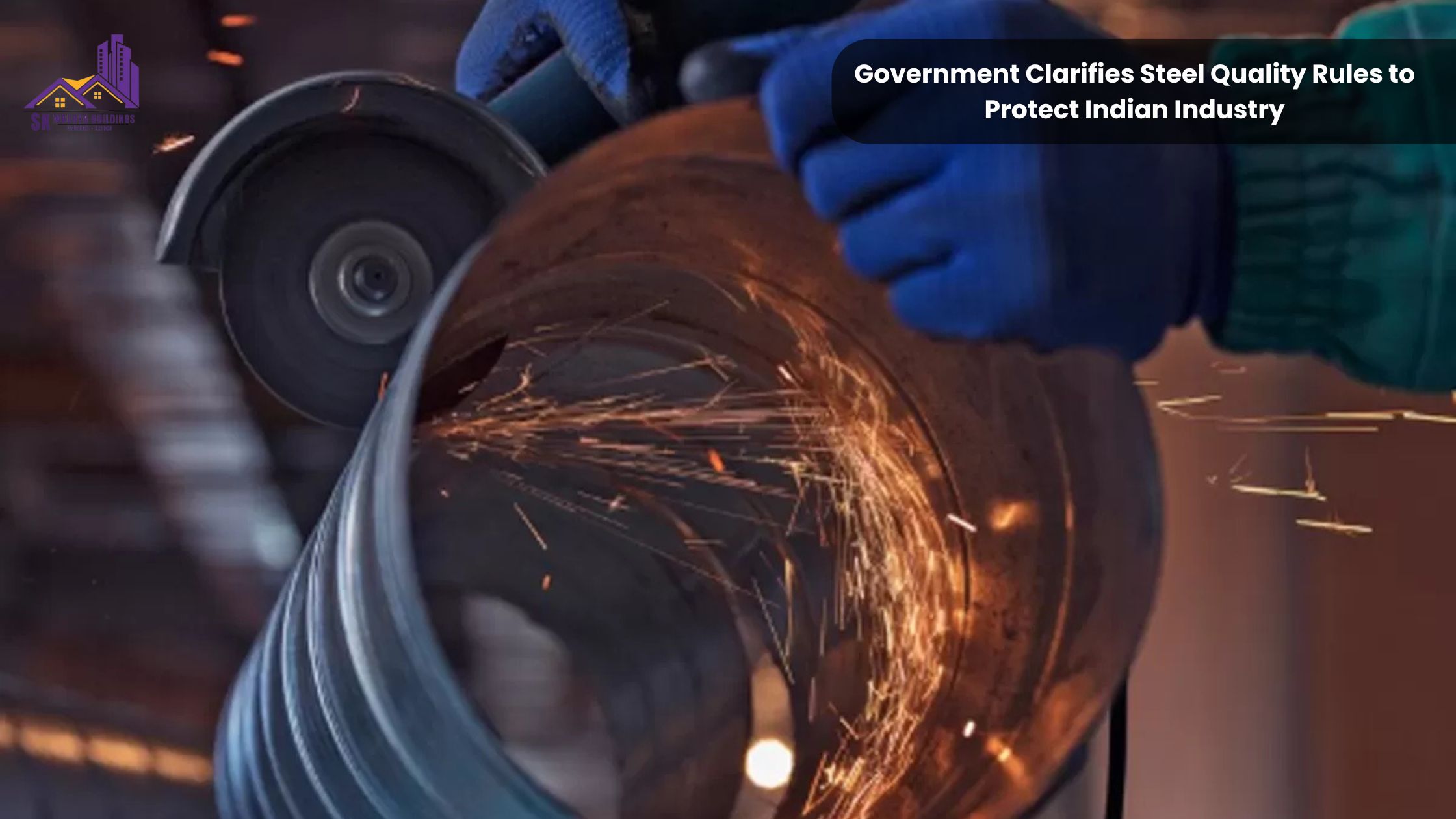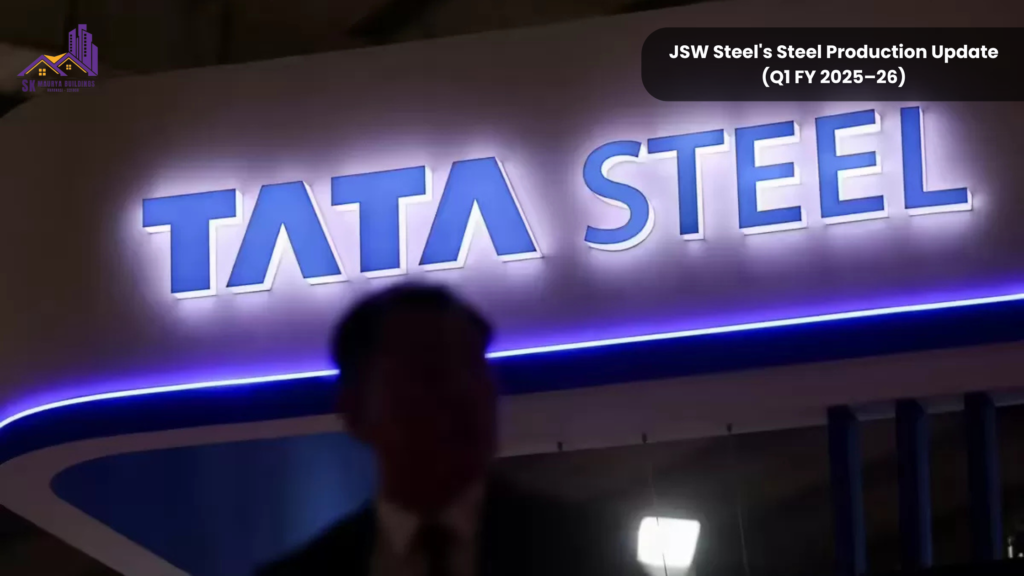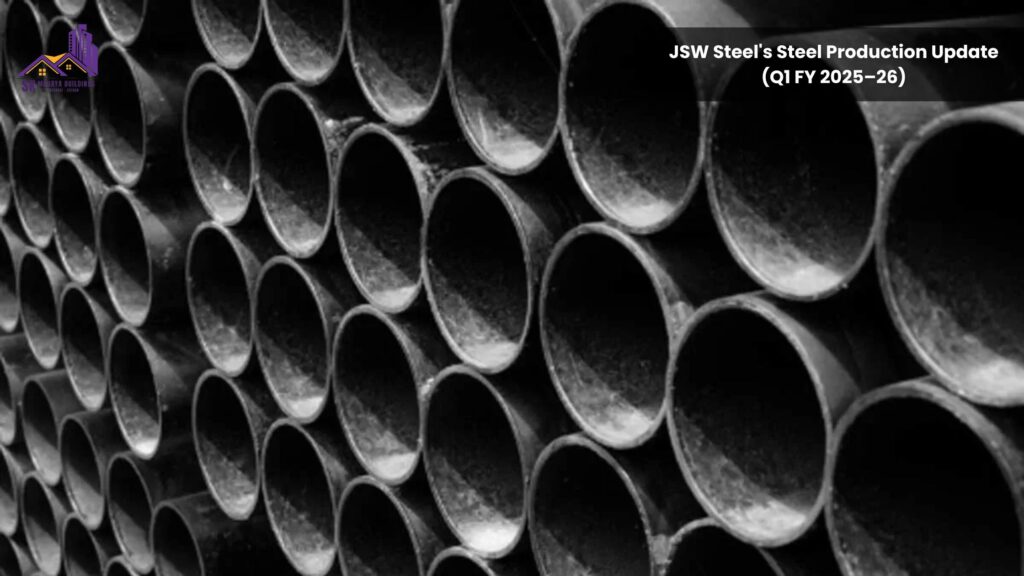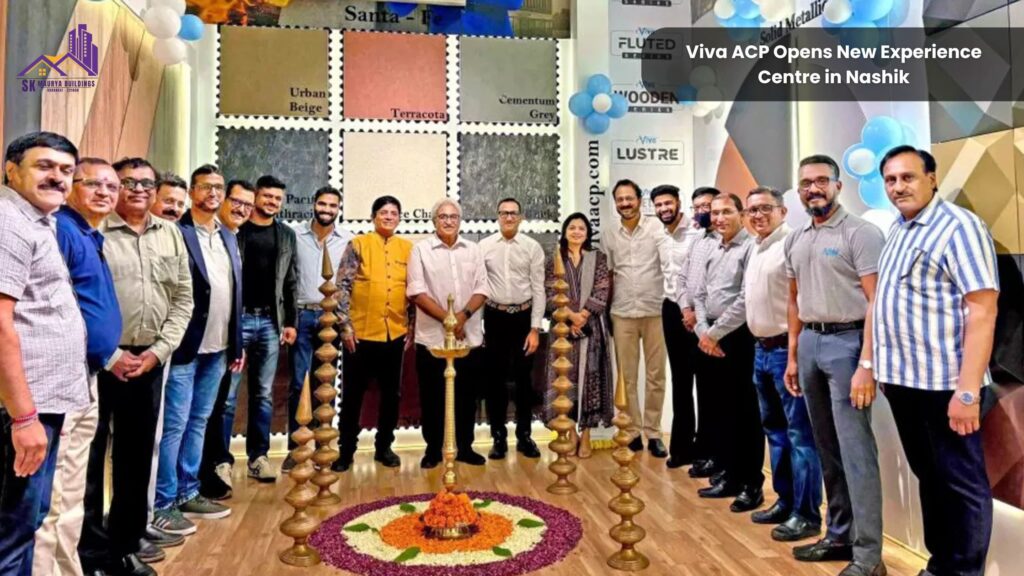On June 13, 2025, the Ministry of Steel made a new announcement to clear up confusion about steel quality rules. These rules are called Quality Control Orders (QCOs) and are managed by the Bureau of Indian Standards (BIS).
India already has QCOs for 151 types of steel products, but no new rules were added since August 2024. The new announcement doesn’t add more products, but explains that even the materials used to make final steel products (called intermediate materials) must also follow BIS quality standards.
Why is this important?
Indian companies must follow BIS rules for everything they use to make steel. But imported steel products (like coated steel) don’t have to follow the same rules. This gives foreign companies an unfair advantage and hurts Indian steel manufacturers.
For example, coated steel is made using hot rolled (HR) or cold rolled (CR) coils. If those coils are not BIS-approved, then the final coated steel also cannot meet quality standards—even if the coating process is good.
Big concern: Low-quality steel imports
There is a worry that cheap, low-quality steel from other countries may enter India. Some of these countries are making too much steel and not using enough of it. India is one of the few large countries still growing fast, so it’s at risk of becoming a dumping ground for low-quality steel.
If this happens:
- Indian factories, especially small ones, could suffer.
- Jobs may be lost.
- India’s plan to grow its steel industry could be seriously damaged.
But there’s good news too:
- Large Indian steel plants that make both raw and final steel don’t need extra licences—their current certification is enough.
- The Ministry says there should be no price increase because India already has the capacity to make 200 million tonnes of steel per year, which is enough for now.
Looking ahead
India’s steel demand is rising fast, mostly due to infrastructure projects, real estate development, and manufacturing. The country will need:
- 300 million tonnes of steel by 2030
- 400 million tonnes by 2035
To meet this demand, India will have to invest about $200 billion in new steel plants. But if low-quality imported steel floods the market, it could hurt investment and slow down progress.
That’s why the government is making it clear: All steel materials—whether local or imported—must follow BIS quality rules.
More updates may come soon after talks with BIS.





